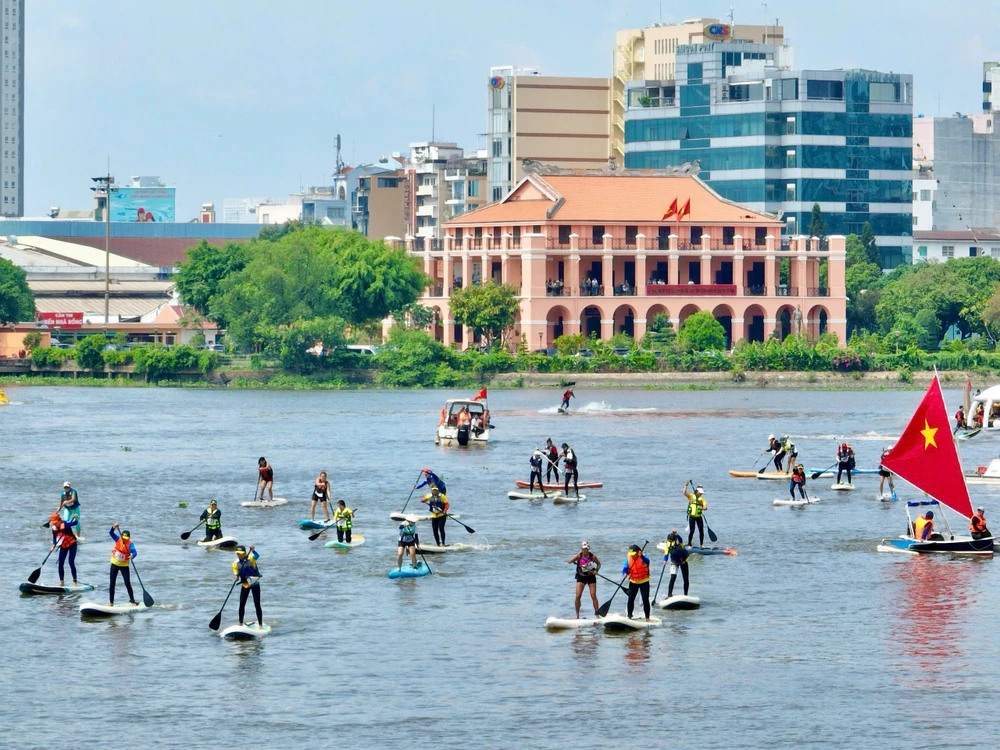
Vietnam is in a transitional period from a village culture with a closed agricultural economy to an urban culture with an industrial, modern and integrated economy. During this period, the contradiction between the old and the new, between stability and the need for development makes the character of today's Vietnamese people complex with an identity that is difficult to define, this poses an urgent need for the construction of a cultural strategy that adapts to the times.
“Anatomy” of Vietnamese culture
Culture is the source of a nation's strength. Throughout its history, Vietnam has been a small country that has steadfastly maintained its identity and resisted many invasions from the North and powerful empires. That strength does not lie in military numbers or material resources, but in its yin culture - characterized by community, stability and attachment to the homeland and village. The yin culture favors stability with community and flexibility, formed from the wet rice agricultural economy, creating extraordinary collective strength when the nation had to face danger.
But when peace was restored, this negative quality of community and flexibility unconsciously maintained a state of stability to the point of inhibiting development. That is the downside of village culture: when there is no longer a common goal to deal with, due to lack of motivation for innovation, fear of change, and reluctance to break through, people with a small-scale farmer mindset returned to taking care of themselves and their families.
The negative quality - the root of the traditional agricultural value system - together with the communal character of the village, has created and contributed to maintaining many bad habits. The most serious is the disease of hypocrisy - saying but not doing. In a survey on the Vietnamese value system with more than 5,500 participants, up to 81% identified this as the most typical bad habit. This disease spreads from behavioral culture to management culture: emphasizing formality, valuing prestige, chasing after achievements, replacing principles with emotions, loosening legal discipline...
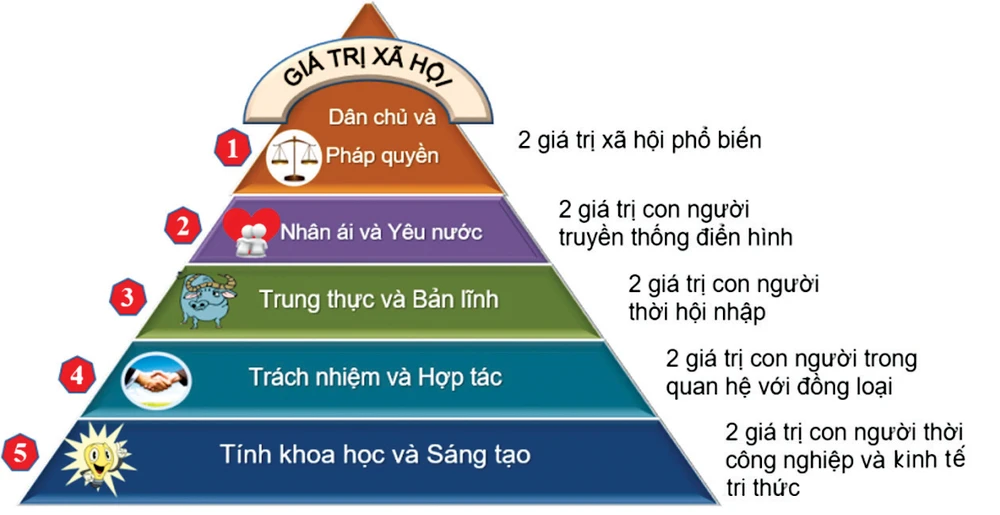
More worryingly, when old values fade away and new values have not yet formed, society falls into a value void. This is the reason why more and more deviant behaviors, even violence and barbaric crimes appear. Vietnamese people, once famous for valuing friendship, now tend to "resolve conflicts with knives and swords". The breakdown of cultural norms is leading to a loss of direction in behavior and conduct.
In other words, the culture that was once a bulwark to protect the country in the past is now becoming one of the main obstacles to development if not renewed. Characteristics such as sentimentality, stability, and fear of conflict, which were once suitable for agricultural societies, are now holding back the necessary breakthroughs in the modern context. If we do not courageously identify and adjust the negative aspects of negative culture, we will continue to be stuck in the vicious circle of stagnation and stagnation.
Why must we revive?
To develop, every society must make a breakthrough and change the status quo. Vietnamese people are carrying the baggage of a stable culture to build a developed society: farmers are entering an industrial society, people used to living in villages are entering urban spaces. While industrial culture and urban civilization have not yet formed, the negative aspects of traditional culture such as casual lifestyles, emotional behavior, lack of responsibility and discipline... are clearly revealed.
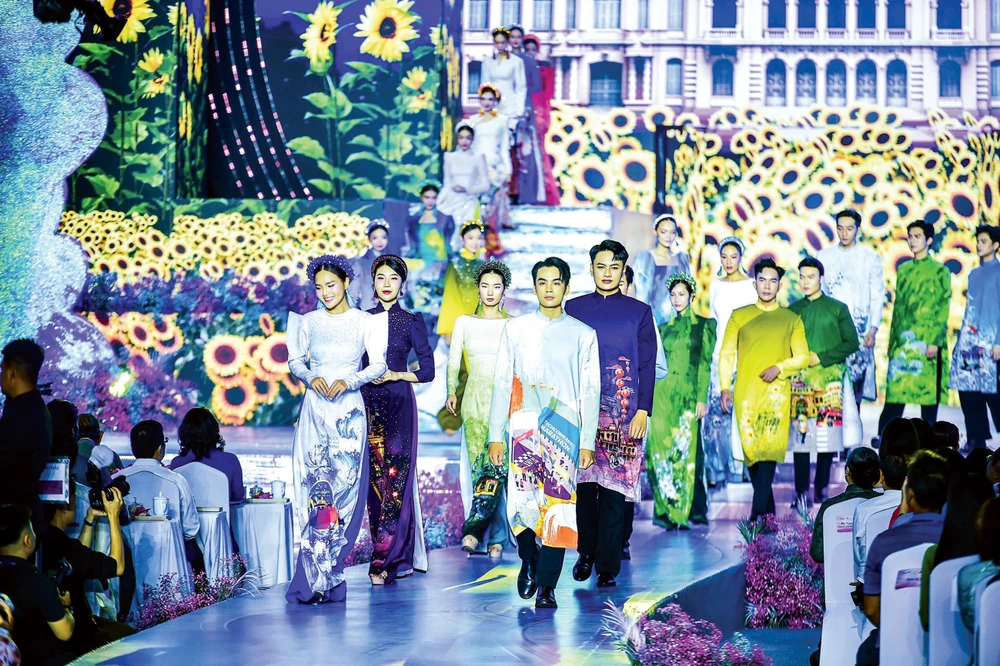
A society cannot progress if the majority of people are still accustomed to equal thinking, jealous of talented people, afraid of conflict, preferring safety, accustomed to flattery, lacking long-term vision, coping with patchwork instead of taking systematic action... These are the consequences of an untransformed negative culture. To elevate its culture and economy, Vietnam must carry out a third cultural revival - to transform from a negative culture to a positive culture, from a culture that favors stability to a culture of development, from a closed lifestyle to an open lifestyle with creative thinking.
General Secretary To Lam in the article “The Future for the Rising Generation” on March 25, 2025 pointed out that “To move towards 2045 with a vision of a comprehensively developed Vietnam, orienting human development, especially the young generation, becomes a strategic priority”. According to General Secretary To Lam, “human development becomes a central and strategic issue that determines the success of the country... Culture is an indispensable factor in the human development strategy”.
Therefore, cultural revival is an inevitable step.
Suggesting a new Vietnamese value system
Building a value system is not only about promoting the good, but also eliminating the non-values, especially the bad habits that are deeply rooted in life. Based on sociological research, practical analysis and international experience, we have established a model of 10 core values, divided into 5 groups: Democracy and rule of law; Patriotism and humanity; Honesty and courage; Responsibility and cooperation; Science and creativity.
Democracy is a key value in the current context, laying the foundation for a bottom-up social organization, arousing initiative, freedom, and responsibility among the people. Along with that, the rule of law is an institution that ensures that society operates in an orderly and transparent manner (from the top down). Especially in a society that once relied on village customs and valued emotions more than the law, the rule of law becomes a barrier to prevent arbitrariness and sentimentality. These two values must coordinate with each other, go together to establish a balance: democracy is associated with discipline, the law protects freedom.
The remaining eight values are all personal qualities - the foundation for building modern Vietnamese people. Patriotism is a typical traditional quality, but it is time to renew its content. Patriotism is not only when there is war, but patriotism must also be a sense of responsibility in peace: loving the work you do, preserving the living space, protecting the environment, preserving national honor from the smallest actions...

That love must carry within it national pride and self-respect. Humanity is also a traditional value that is fading in a modern, competitive society, where apathy, selfishness, and jealousy are increasingly evident. Restoring humanity means awakening the best things inherent in each person - compassion, tolerance, and kind behavior - as a glue that binds society together, eliminating the coldness and irresponsibility that are gradually becoming more common.
In the context of integration, the two values of honesty and courage have become urgent. Honesty is completely opposite to the disease of lying - the number one bad habit of Vietnamese people today. It is impossible to build social trust if people say one thing and do another, focus on formalities, and lack transparency. Courage is the individual's ability to overcome the pressure of "herd mentality", escape the habit of following the crowd, dare to defend one's own opinions and act for the right reason.
The communal spirit of the village once created collective courage, but in peacetime, it easily turns into a mentality of dependence and lack of individual awareness. Only when each individual is strong enough can the nation create momentum for development. The country and the nation can only hold their heads high when honesty becomes their nature, becomes social capital, a social glue, helping people create trust and a spirit of readiness to contribute to the common cause.
Responsibility and cooperation are two values related to the way people live together. In the industrial age and knowledge economy, science and creativity have become indispensable foundations. Vietnamese people are famous for being intelligent and flexible, but if that intelligence lacks system and logical thinking, it can easily turn into petty and arbitrary habits. Science is a quality in the way of thinking and doing things: clear, coherent, organized, and systematic. When combined with creativity - not in the form of coping with changes, but the ability to innovate thinking on a scientific basis - it will create a generation of professional, innovative, and sustainable workers.
In general, these new values will aim to form a positive cultural model - one that is more active, proactive, open, and straightforward - instead of a negative lifestyle that is more emotional, stable, and avoids conflict. For society to develop, people must change. Therefore, education needs to shift its focus from training "good children and good students" (in the sense of "knowing how to obey" and "memorizing lessons") to training "courageous children and creative students". The individual must be the center of the new educational model, while the school is the place to preserve good traditional values and nurture modern cultural values, industrial culture, urban culture, and integration culture.
Designing a value system model is just the first step. To create a value system, turn values into actions, and form a generation of Vietnamese people with new values, requires high determination from leaders and consensus from all people. Only then can Vietnam escape the inertia of negative culture, create a "rising generation", and create a strong and sustainable development step.
Two cultural revivals of the nation
History has recorded two major cultural revivals. The first time was during the Ly - Tran dynasties, opening the period of Dai Viet's sustainability that lasted more than 300 years. The second time started with the Duy Tan movement (1906-1908), followed by the revolution led by President Ho Chi Minh and the Communist Party of Vietnam, with the important milestone being the Outline of Vietnamese Culture (1943).
Source: https://www.sggp.org.vn/kien-tao-he-gia-tri-truoc-van-hoi-moi-cua-dat-nuoc-post793011.html




![[Photo] Binh Thuan organizes many special festivals on the occasion of April 30 and May 1](https://vphoto.vietnam.vn/thumb/1200x675/vietnam/resource/IMAGE/2025/5/1/5180af1d979642468ef6a3a9755d8d51)
![[Photo] Ha Giang: Many key projects under construction during the holiday season](https://vphoto.vietnam.vn/thumb/1200x675/vietnam/resource/IMAGE/2025/5/1/8b8d87a9bd9b4d279bf5c1f71c030dec)


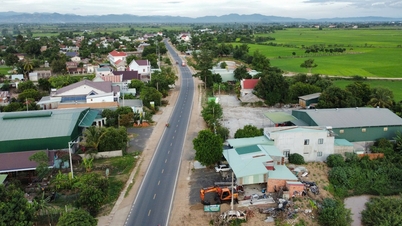


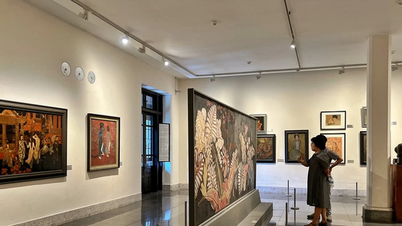
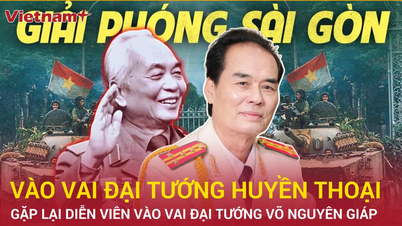






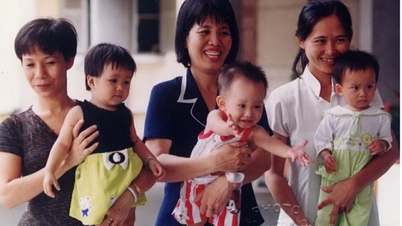
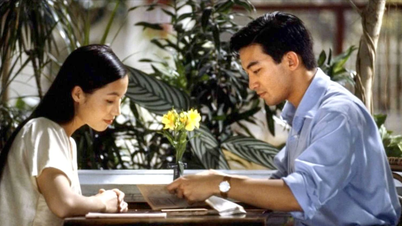


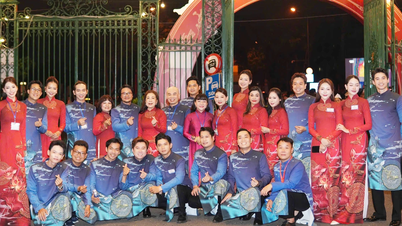
![[Photo] Feast your eyes on images of parades and marching groups seen from above](https://vphoto.vietnam.vn/thumb/1200x675/vietnam/resource/IMAGE/2025/4/30/3525302266124e69819126aa93c41092)



































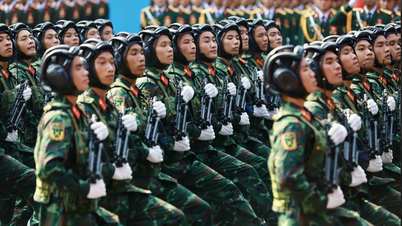













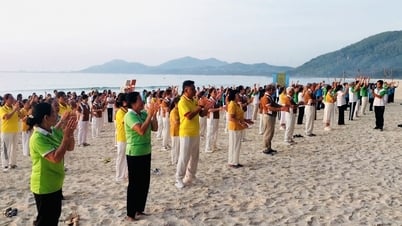





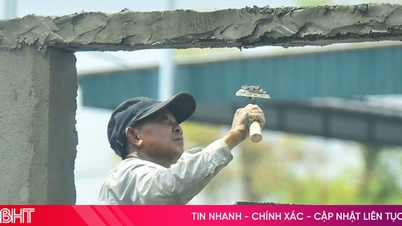











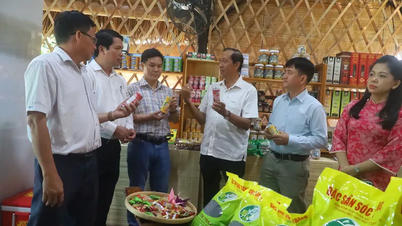

Comment (0)